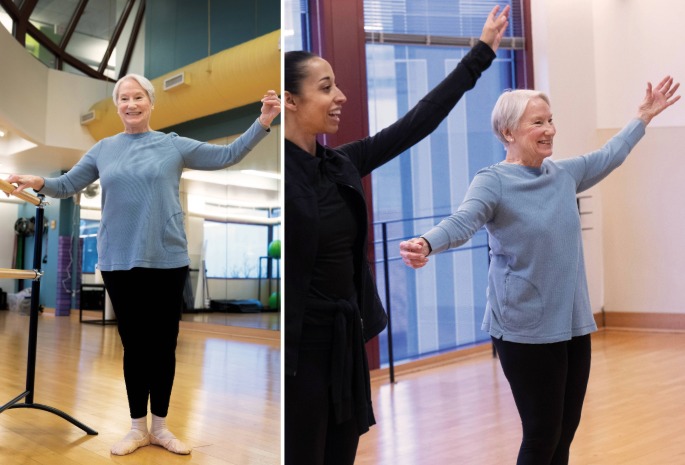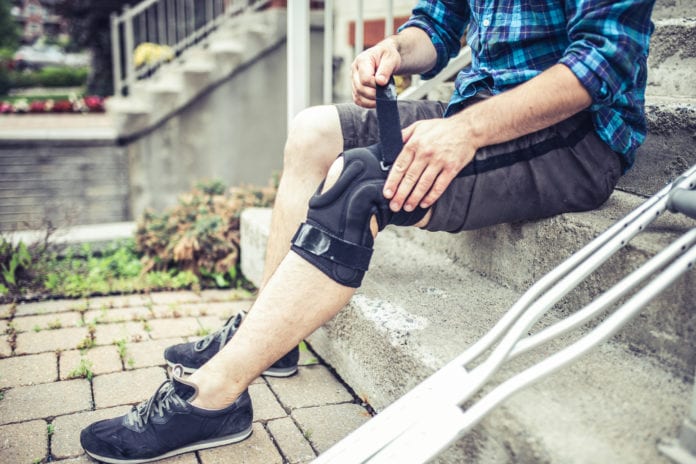Daily activities can put a lot of stress on your joints. Your knees, especially, take the brunt of the wear and tear.
Over time, the cartilage (tissue) that protects the bones in your knee can wear away. This damage can lead to a painful condition called osteoarthritis, which can make even the simplest of activities painful.
When medications and other therapies no longer provide osteoarthritis relief, it may be time for total knee-replacement surgery.
What Is Total Knee-Replacement Surgery?
During a total knee-replacement surgery, surgeons replace damaged portions of your knee with a metal and plastic implant restoring function to your knee.
Each year across the U.S., surgeons perform nearly 700,000 total knee replacements. The average age for total knee replacement is just over 65 years old.
Many people who need a total knee replacement lead active lives and don’t want to be sidelined by surgery. Offering less-invasive options for total knee replacement has become a priority for orthopaedic surgeons.




